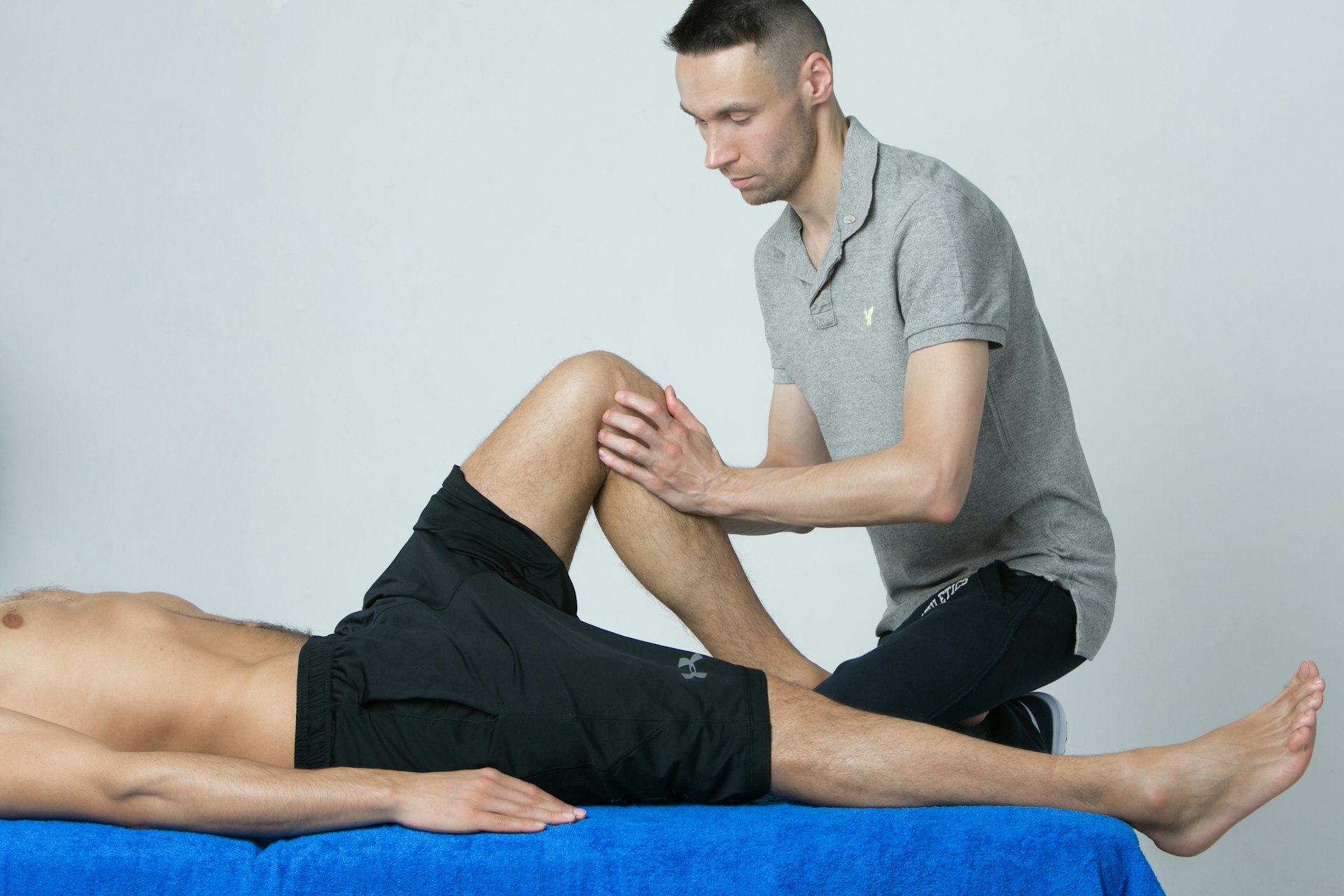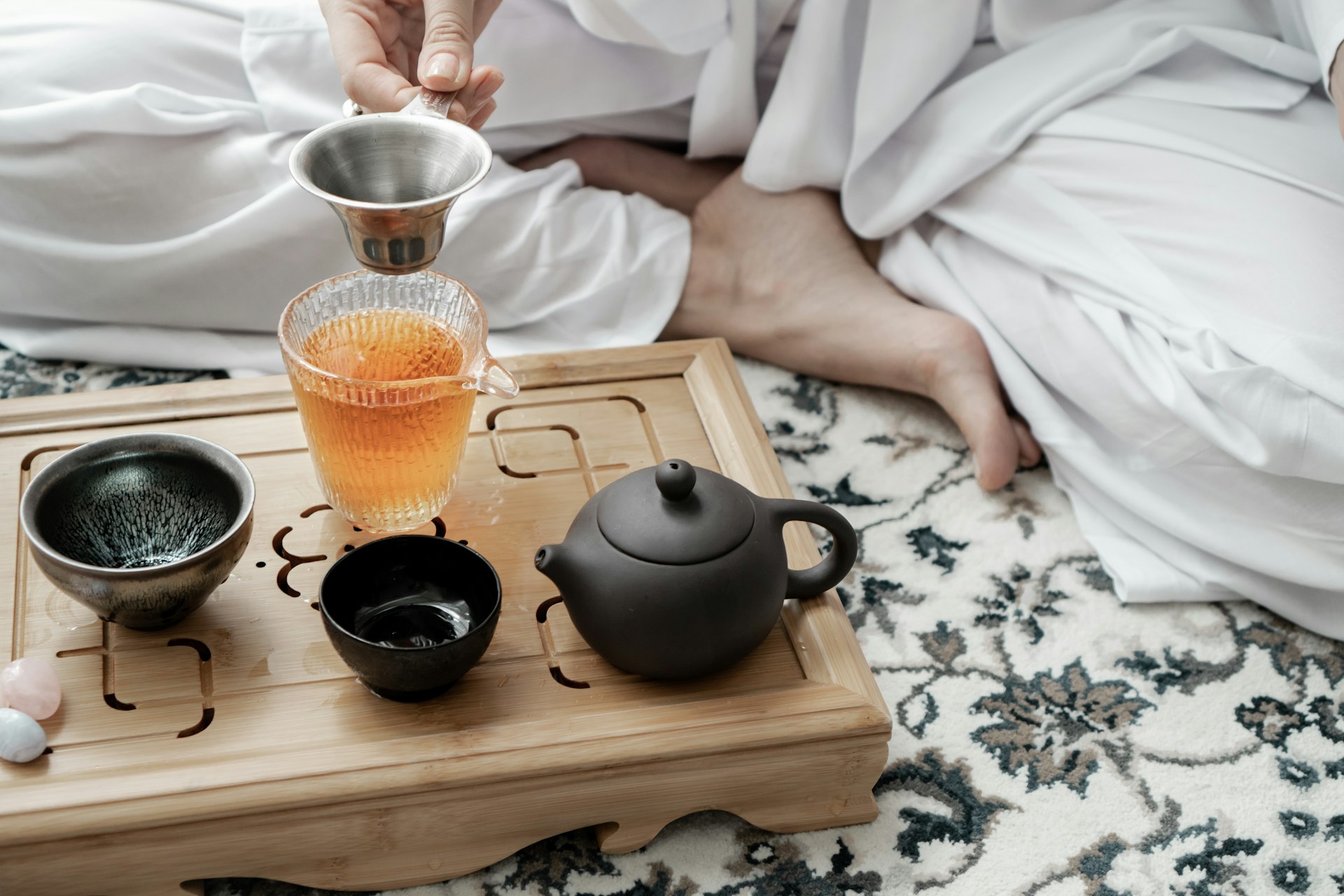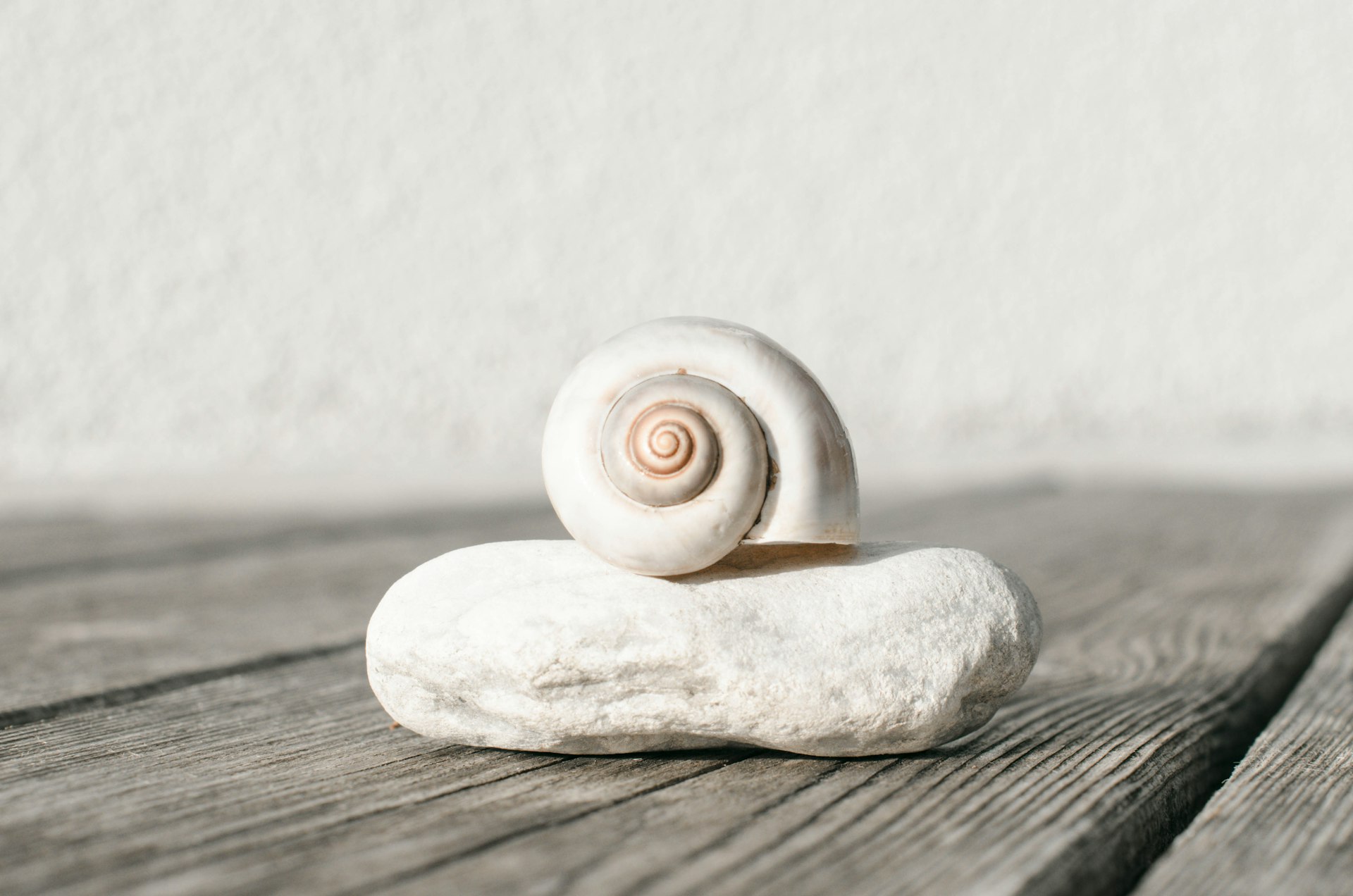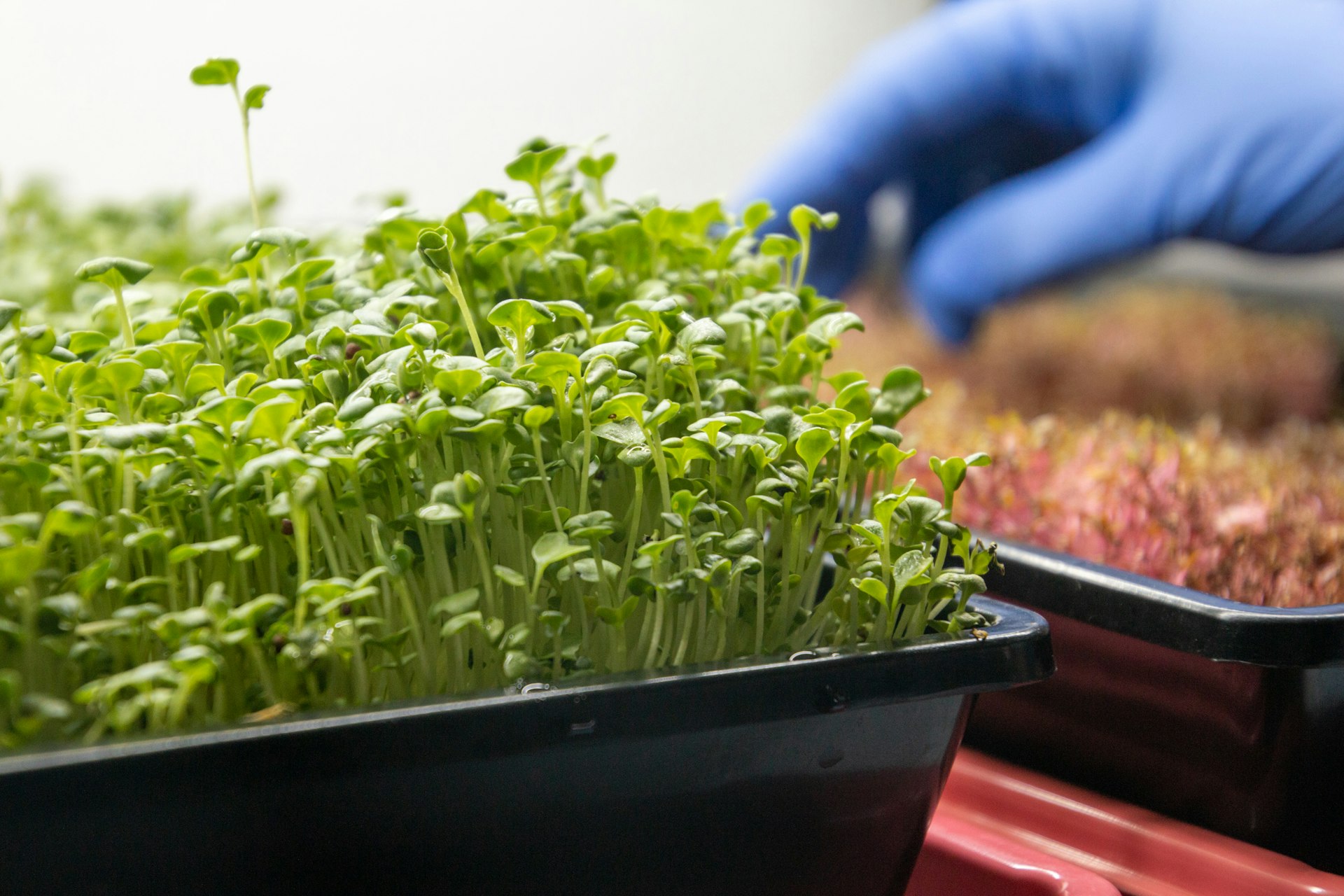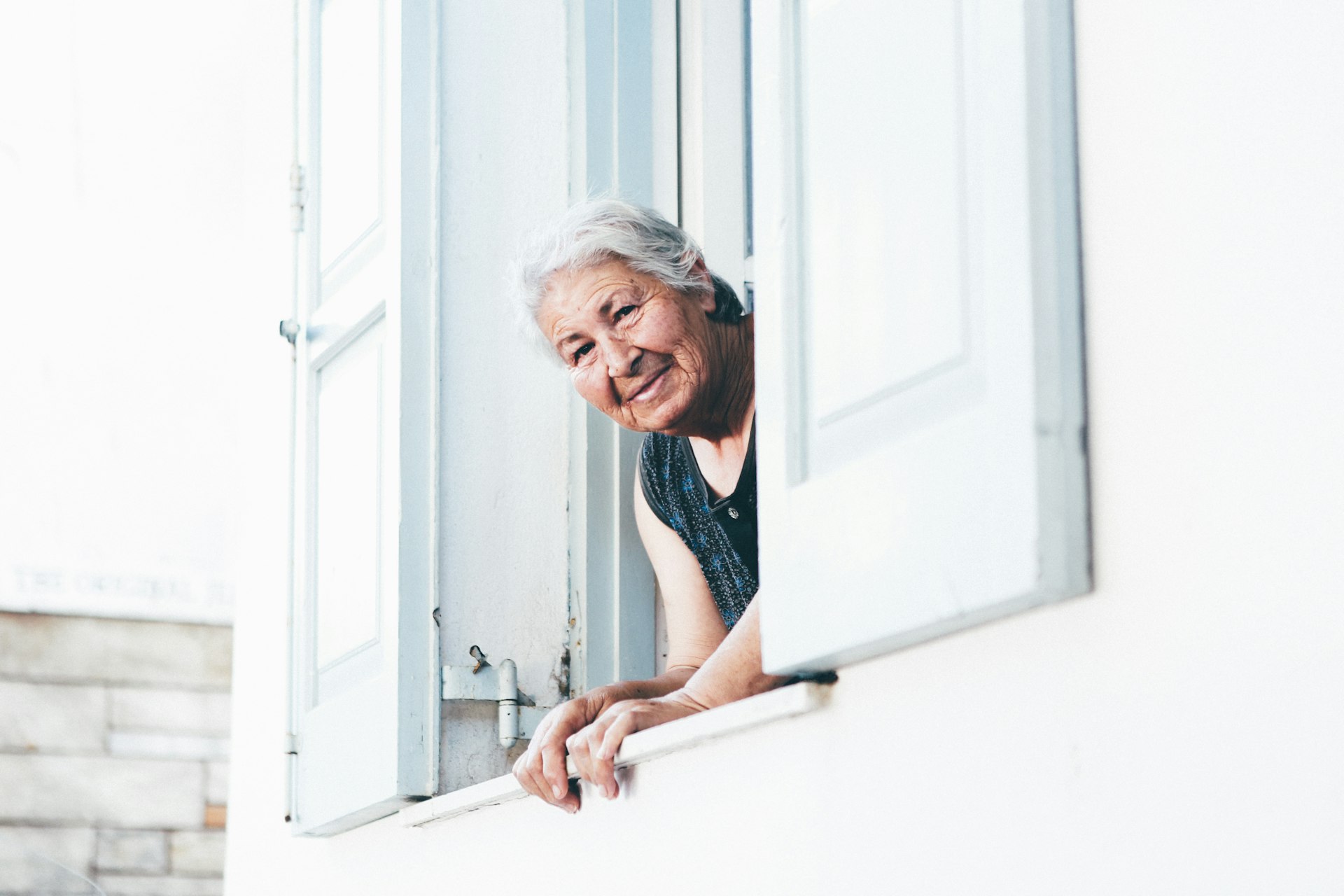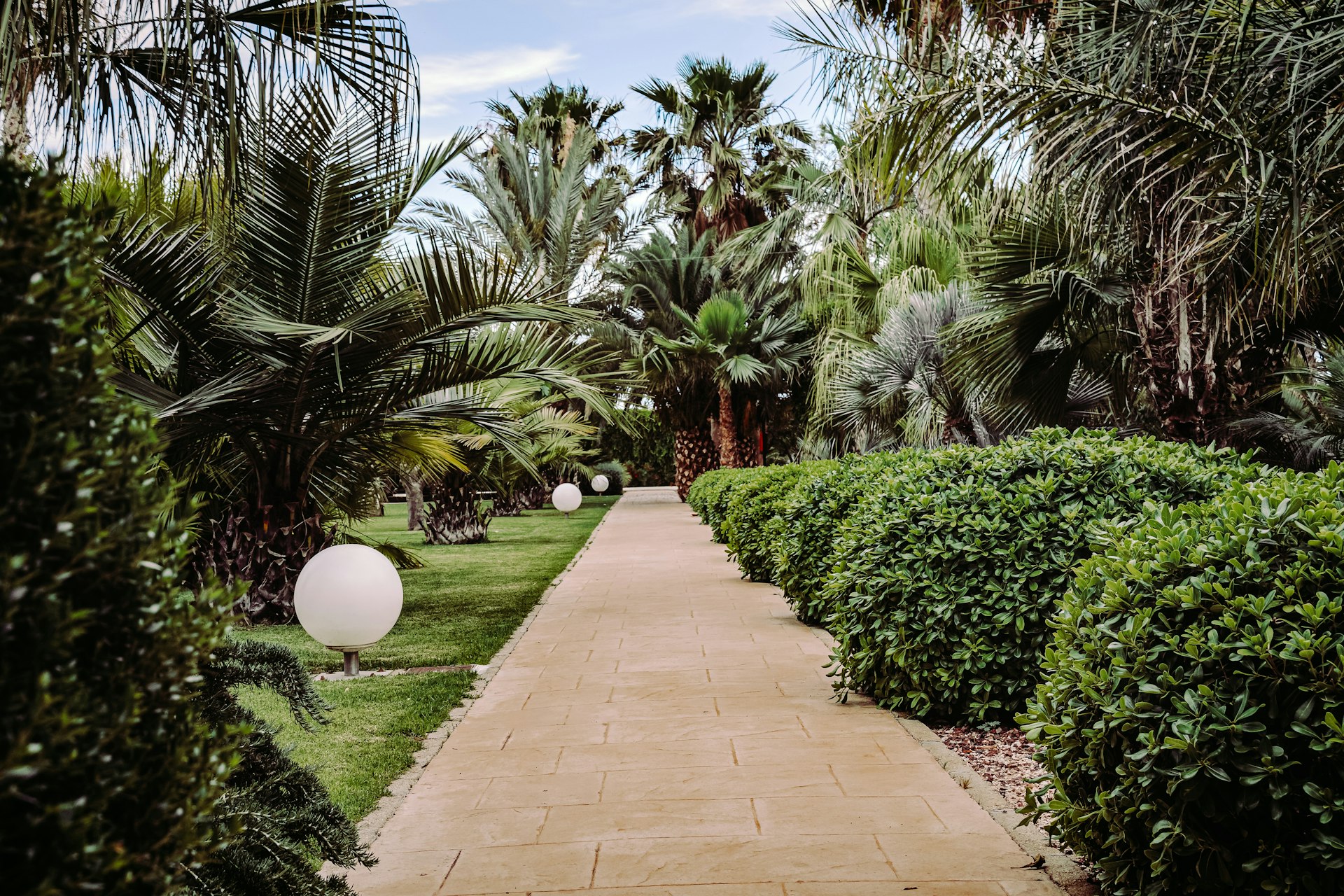Transform Your Well-being: Practical Mindfulness and Stress Reduction Techniques for Everyday Life

Photo by Isabell Winter on Unsplash
Introduction: Navigating Stress in Modern Life
In a world where deadlines, distractions, and daily demands seem never-ending, it’s no surprise that stress has become a routine part of life. Yet, research shows that chronic stress can have significant negative impacts on both mental and physical health, contributing to issues like anxiety, fatigue, and weakened immunity. Fortunately, there are evidence-based ways to manage and reduce stress. Among the most effective are mindfulness and stress reduction techniques , which have been shown to promote emotional resilience, increase focus, and improve overall well-being [1] .
What Is Mindfulness?
Mindfulness is the practice of bringing one’s attention to the present moment, intentionally and without judgment. This means noticing thoughts, feelings, and sensations as they occur, rather than getting lost in worries about the past or future. Mindfulness can be cultivated through meditation, movement, and even daily routines. Scientific studies demonstrate that mindfulness enhances self-control, objectivity, emotional tolerance, and mental clarity [2] .
The Science Behind Mindfulness-Based Stress Reduction (MBSR)
The Mindfulness-Based Stress Reduction (MBSR) program, originally developed by Dr. Jon Kabat-Zinn, is a structured, eight-week intervention that combines mindfulness meditation, gentle yoga, and mind-body awareness. Research consistently confirms the benefits of MBSR, including:
- Significant reductions in perceived stress and anxiety
- Decreases in symptoms of depression
- Improved cognitive flexibility and attention
- Enhanced emotional regulation
- Physical benefits such as lower blood pressure and improved immune function
Participants in MBSR programs report learning to observe their reactions to stress and to respond with greater clarity and resilience, rather than reacting impulsively [1] .
Core Mindfulness and Stress Reduction Techniques
1. Mindful Breathing
Focusing attention on the breath is a foundational mindfulness practice. To try it:
- Find a quiet, comfortable place to sit.
- Close your eyes or soften your gaze.
- Notice the sensation of your breath as it enters and leaves your nose or mouth.
- If your mind wanders, gently return your attention to your breath.
This technique can dial down the body’s stress response, improving mood and helping regulate emotions. Even a few minutes a day can make a noticeable difference [3] .
2. Body Scan Meditation
The body scan is designed to increase body awareness and relaxation. Here’s how to implement it:
- Lie down or sit comfortably.
- Bring your attention to the top of your head and slowly move it downward, noticing sensations in each part of the body.
- When you notice tension, breathe into that area and let it go on the exhale.
Many people use guided audio recordings for this practice, which can be found through reputable mental health organizations or by searching for “guided body scan meditation” from established sources.
3. Mindful Movement (Yoga and Gentle Stretching)
Gentle movement practices, such as yoga or tai chi, integrate mindfulness with physical activity. Movements are performed slowly and with full attention to the sensations in the body. This approach not only reduces stress but also improves flexibility and body confidence. Many hospitals, wellness centers, and community programs offer beginner-friendly classes. For home practice, consider seeking out certified instructors or established yoga studios with verified online offerings.
4. Awareness in Daily Activities
Mindfulness can be integrated into everyday routines. For example:
- Paying close attention to the taste and texture of your food during meals
- Noticing the sensation of water while washing your hands
- Listening fully to others during conversations, without planning your response in advance
This approach helps anchor attention in the present and interrupts cycles of rumination and worry [2] .
Real-World Examples and Case Studies
Consider the case of a busy professional who attended an eight-week MBSR course at a local integrative medicine center. Initially, she struggled with insomnia, anxiety, and irritability. Through consistent practice of mindful breathing and body scan meditation, she learned to observe her stress triggers and respond with calm. After the program, she reported improved sleep quality, reduced anxiety, and greater emotional balance.
Similarly, medical students participating in mindfulness-based stress reduction interventions have reported lower levels of anxiety, improved mood, and better focus during exams [3] . These outcomes are consistent across various populations and backgrounds.
Step-by-Step Guidance for Starting Your Practice
1. Set Realistic Goals: Begin with just 5-10 minutes of mindfulness practice each day. Gradually increase the duration as it becomes more comfortable. 2. Create a Routine: Practice at the same time each day to build habit strength. Many find mornings or evenings work best. 3. Use Guided Resources: Look for mindfulness and meditation classes at local hospitals, community centers, or reputable online platforms. If you prefer self-guided practice, search for “MBSR online courses” or “mindfulness meditation apps” from established mental health organizations. For in-person programs, you may contact major medical centers or universities in your area. 4. Track Your Progress: Keep a journal of your experiences, noting changes in stress levels, mood, and focus. 5. Seek Support: If you have a history of trauma or severe anxiety, consider working with a licensed therapist trained in mindfulness-based interventions. The American Psychological Association provides a directory of psychologists; search for those with expertise in mindfulness or MBSR.

Photo by Gabriele Loffredo on Unsplash
Addressing Challenges and Finding Solutions
Common obstacles to mindfulness practice include restlessness, doubt, or impatience. If you find it difficult to quiet your mind, remember that mindfulness is about noticing distractions and gently returning to the present moment-not achieving a blank mind. Some individuals benefit from group classes, which offer structure and peer support. Others prefer using guided recordings. If you encounter persistent difficulties, seek feedback from experienced instructors or mental health professionals.
Alternative and Complementary Approaches
Beyond traditional mindfulness meditation, there are other effective stress reduction techniques:
- Progressive Muscle Relaxation: Systematically tensing and releasing muscle groups to reduce physical tension.
- Visualization: Using mental imagery to evoke a sense of calm and safety.
- Journaling: Writing about stressful experiences can help clarify thoughts and promote emotional release.
- Nature Engagement: Spending time in nature has been shown to lower stress and improve mood.
Combining mindfulness with these practices can enhance their effectiveness.
How to Access Mindfulness and Stress Reduction Programs
Mindfulness-based stress reduction programs are available through many hospitals, mental health centers, and universities. For example, Duke Integrative Medicine offers in-person and online MBSR sessions multiple times per year. You can find similar programs by searching for “MBSR programs” or “mindfulness meditation courses” along with your city or state. If you are interested in digital options, many established organizations, such as the American Psychological Association , provide introductory guides and resources. For the most up-to-date offerings, contact your local hospital’s integrative medicine department or behavioral health clinic and ask about mindfulness-based programs.
When choosing a program or resource, consider the following:
- Instructor credentials (look for certified trainers or licensed therapists)
- Program structure and evidence-base
- Accessibility and cost (many organizations offer sliding-scale fees or scholarships)
If you cannot find a program locally, online mindfulness courses from reputable health systems and universities may be available. Always verify the provider’s credentials and user reviews before enrolling.
Key Takeaways and Next Steps
Mindfulness and stress reduction techniques offer practical, research-backed strategies for managing the pressures of daily life. Their benefits-ranging from improved emotional balance and sharpened attention to better physical health-are supported by extensive scientific evidence [1] [2] [3] . By starting with simple mindfulness exercises and seeking out established programs, you can take meaningful steps toward greater well-being. For more information, contact your local healthcare provider, explore university-affiliated programs, or consult the American Psychological Association’s resources for guidance on finding qualified professionals.
References
[1] Duke Health (2024). The Benefits of the Mindfulness-Based Stress Reduction Program.
[2] American Psychological Association (2012). What are the benefits of mindfulness?
MORE FROM hotondeals.com





